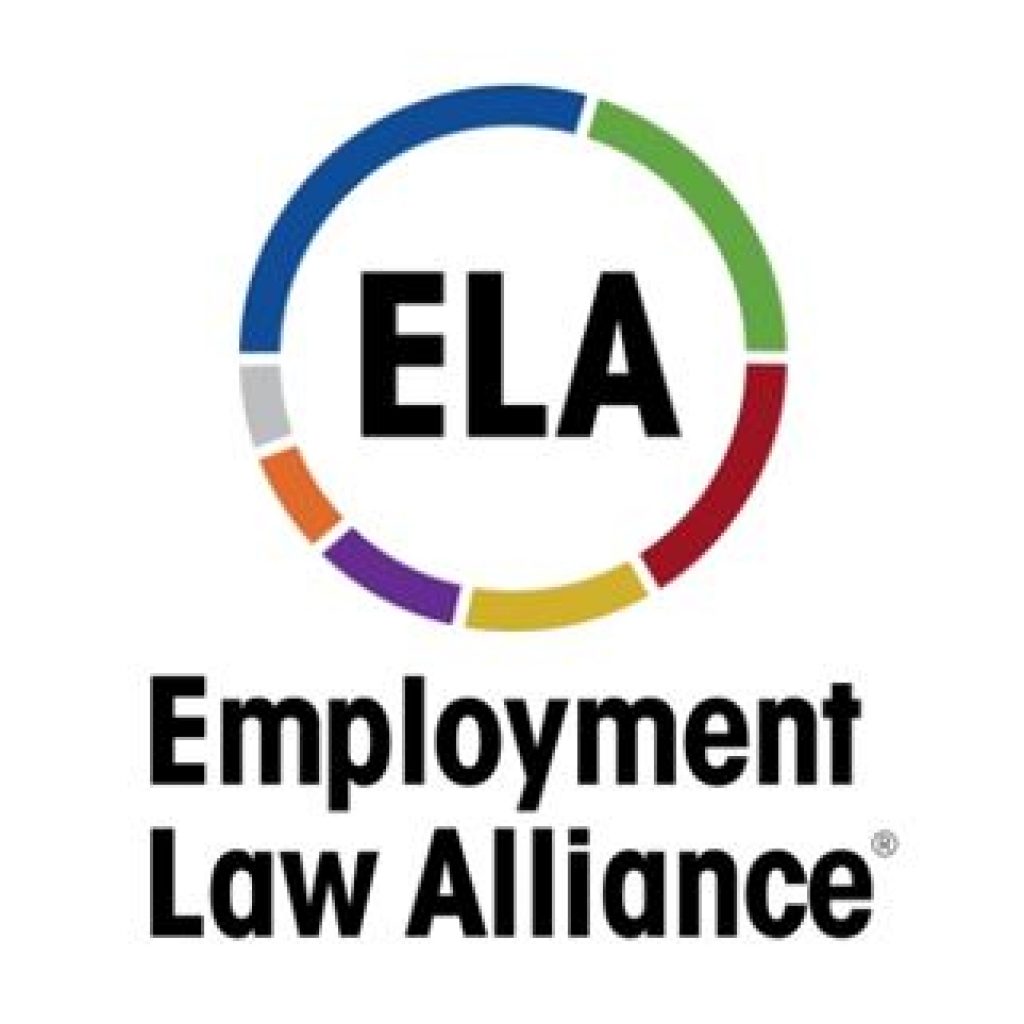Diving Into the (Tip) Pool – Fourth Circuit Addresses Tipped Employee Issues
The U.S. Court of Appeals for the Fourth Circuit (which covers Maryland, Virginia, West Virginia, and the Carolinas) held that automatic gratuities or service charges are not tips, but may be considered commissions that may be used to satisfy the overtime obligations under the Fair Labor Standards Act. The Fourth Circuit also addressed the composition of tip pools in Tom v. Hospitality Ventures, LLC.
Tip Pool. As explained elsewhere in this E-Update, under the FLSA, an employer may pay a tipped employee a tipped wage and count its employees’ tips as a credit (i.e. “tip credit”) in order to meet the applicable minimum wage rate. The FLSA also provides that an employer who takes a tip credit may include only employees who customarily and regularly receive tips, such as restaurant servers and bartenders, in mandatory “tip pools” (i.e., the practice of requiring employees to contribute a certain amount of tips into a collective pool that is divided among employees). In this case, there was a factual question as to whether one of the employees in the pool – the Kitchen Closing Supervisor – was an employee who customarily and regularly received tips. The question was sent back to the trial court. (We further note that there was no discussion of the employee’s “supervisor” title – given that amendments to the FLSA and the recently revised regulations make clear that supervisors may not keep tips, this could be a further concern).
Service Charges. The FLSA specifically provides that tips do not include mandatory service charges, such as minimum automatic gratuities for large groups of customers, which are considered revenue to the employer. Tips are discretionary, while automatic gratuities are not – even if sometimes waived by the employer at the request of the customer, according to the Fourth Circuit. (There may be circumstances in which “suggested” charges are discretionary, however, in which case they might be deemed tips). Service charges may be used to satisfy the employer’s minimum wage and overtime obligations.
Commissions. Of relevance in this case, the FLSA also contains an exemption from the obligation to pay overtime (but not minimum wage) for retail or service employees if their regular rate of pay exceeds one and one-half times the federal minimum wage rate and more than half their compensation during a representative period of not less than a month represents commissions. In this case, the Fourth Circuit noted that any tips received by the employees, whether or not counted as a tip credit, should be included in the calculation of their compensation for the purpose of determining whether the automatic gratuity amounted to more than half. This issue was sent back to the trial court for proper calculation.
Lessons for Employers. This case is illustrative of the fact that there may be multiple methods for an employer of tipped employees to meet their overtime (tips, service charges and commissions) and minimum wage (tips and service charges) obligations. However, the mechanics of such methods are fact-specific.







